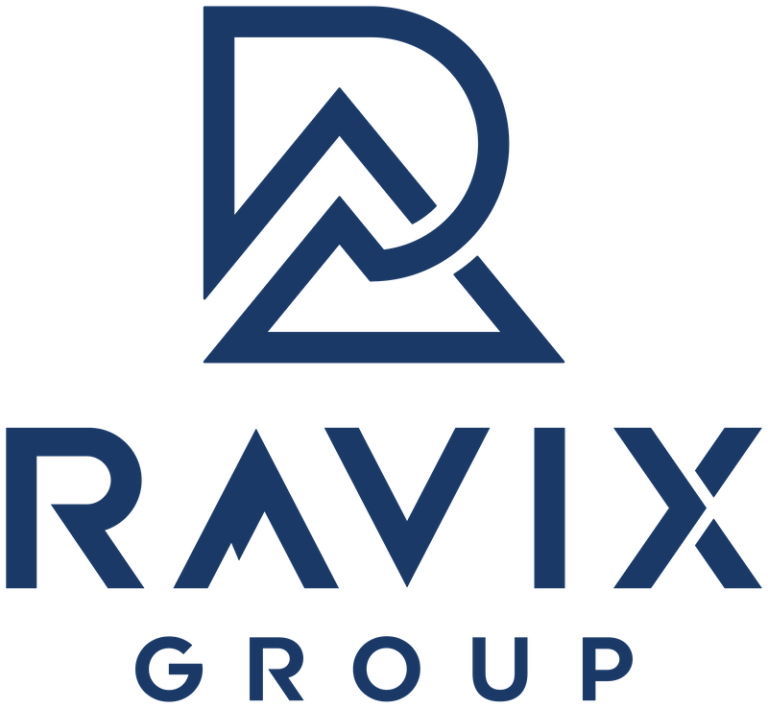You shipped the product; therefore, you have revenue! Not quite so fast. With the right technical accounting services from Ravix Group, you can unravel the conundrum of this seemingly simple question: What is revenue, anyway? Let’s start with practices that slowly whittle away at your revenue and address how to handle the accounting intricacies — so you only recognize revenue that’s really there.
It Might Not Be Revenue If…
If you offer, or make a business practice of offering any of the following, you may not have revenue:
- A combination of products (Hardware, Software, Maintenance, Services) with separate delivery dates under a single business arrangement
- Future support or Upgrades
- Future product features to make the sale? Sell a product roadmap, not a current product
- Discounts, Extended payment terms, Refunds, Price protection,
- Volume based fees/contingent fees
- Different prices for different customers Most Favored Nation clauses
- Credit to customers that are not credit worthy
- Customer Acceptance
- Additional units/seats/licenses to secure payment on an existing transaction
- Extended warranties
Do You Know the FASB Requirements for Revenue Recognition? Our Accounting Consultants Do!
Revenue recognition can be a very complicated accounting issue due to the requirements of the Financial Accounting Standards Board (FASB) that quite often plays games with when and how much revenue you can recognize. You might ask “Who Cares?” You should if you have an exit strategy of any kind for your company, not to mention simply for compliance purposes. If your exit strategy requires an audit of any form, chances are that it will result in a revenue restatement, pushing revenue from one period to the next and causing a reduction in prior periods’ revenue and profitability. This could result in a reduced valuation, meaning less money in your pockets.
Outsourced accounting services for startups gives you the knowledge you need to secure your exit strategy or take your new venture to the growth stage.
When Is Revenue Recognition-Worthy?
It used to be that if you met all four of the basic revenue recognition principles under GAAP, you could recognize revenue.
These basic principles include:
1) Persuasive evidence of an arrangement exists
2) Delivery has occurred
3) the Fee is Fixed and Determinable
4) Collectability is probable.
Today, you still have to meet all four criteria and then determine:
- What accounting guidance applies to your business model?
- What accounting guidance applies to each individual business arrangement? It maybe that there are multiple sections of accounting guidance that applies to an individual arrangement.
- What method to use to determine the fair value of different elements under a single business arrangement?
- How should you allocate the total value of the arrangement to the various elements?
- When can the allocated value be recognized as revenue?
- Why partner with an outsourced accounting firm for your startup?
Get the answers to these and other important revenue recognition questions quickly.
Avoid Revenue Restatement with These Essentials Tips
What can you do today to minimize the risk of revenue restatement and the potential impact on your company’s valuation? Following are several practical ideas that may help to simplify revenue recognition accounting and make the process more efficient:
1. Business Model Considerations
Spend some time up front defining your company’s business model. What and how will you be delivering your products and/or software? Will you be using a SaaS model? What is your target Maintenance price relative to license prices? Certain methods of determining fair value for multiple elements require a track record of pricing. Start now by developing and following a consistent pricing/revenue recognition model. It is possible that revenue recognition rules will help mold your business model.
2. Revenue Recognition Policies
A policy should describe your business, general revenue recognition principles, how you will treat single/multiple element transactions, and definition of VSOE and ESP, if applicable. The policy should be a living document to accommodate changes in the business climate as well as accounting rules. Have the policy reviewed by your CPA/Audit firm.
3. Standardized Customer Contracts
Standardize your customer contracts so that each transaction is not a unique one that requires special treatment through the entire revenue recognition process. In the event you cannot use a “standard” contract with a customer, follow these tips:
- Identify “negotiable” and “non-negotiable” terms in your contract and understand how changing terms may impact revenue recognition. Educate your sales force.
- Keep your finance personnel/revenue recognition accountant up front in the approval loop.
- Choose contractual wording carefully. Consider “Earned and Non-Refundable” terminology with respect to customer payments. Consider “Acceptance is deemed to have occurred upon delivery” with respect to the delivery of elements. Avoid “Acceptance Clauses”, but if they are necessary, make them well defined. In addition, consider “When and If Available” terminology when referring to upgrades, bug fixes, and future functionality.
4. Arrangement Deal Sheet
Create a single-page summary of the terms, assumptions, conclusions, and accounting treatment for each multiple arrangement. Keep it summarized on a single page for future reference, so it doesn’t need to be recreated. It should include details like:
- Customer Name, Contact information, billing information.
- Contract/purchase order/quote/sales order numbers
- Dates: Effective, customer/vendor signature, maintenance, delivery by the element, etc.
- Payment terms
- Acceptance criteria if any
- Sales Rep
- Special terms / conditions / comments
- GAAP guidance used for accounting
- Dollars used for calculations: List prices, Contract prices, Allocation values, and Revenue all by element
What FASB Says About Revenue Recognition
If this isn’t enough to keep your head spinning, the Financial Accounting Standards Board (FASB) and the International Accounting Standards Board (IASB) collaborated on the “Revenue from Contracts with Customers” project to establish one comprehensive revenue recognition approach for all customer contracts for more than 113 countries around the world.
The standards apply to nearly all contracts and require 2-3 years of comparable financials. The core principle of the standard is to “Recognize revenue to depict the transfer of goods or services to customers in an amount that reflects the consideration to which the entity expects to be entitled in exchange for those goods or services.” The changes are expected to carry all the way through and modify, the basic revenue recognition criteria listed at the beginning of this article.
Best Outsourced Accounting in San Francisco
As you can see, making a shipment does NOT equate to revenue. It is not as easy as generating a customer invoice and collecting payment. The best approach is to tackle the issues up front rather than suffer the effects of financial restatements. You don’t have to do it alone. Let us show you how outsourced accounting can nurture your startup.
Ravix Group is ready and available to assist you in navigating the pitfalls of revenue recognition. We offer all levels of technical accounting services in San Francisco. Contact us today to schedule a consultation.



